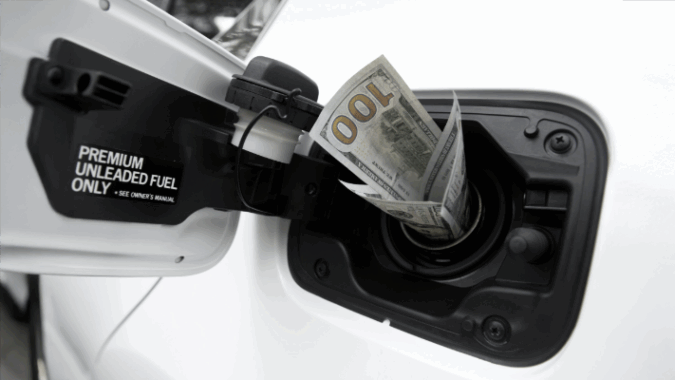New Jersey’s Energy Master Plan must prioritize reliability and affordability while recognizing the transition to cleaner energy cannot succeed under expedited deadlines that ignore grid capacity and the cost to ratepayers, NJBIA told the Board of Public Utilities on Thursday.
In comments submitted on the proposed update to the state’s Energy Master Plan, NJBIA Deputy Chief Government Affairs Officer Ray Cantor pointed to the steep increase in electricity rates that will hit New Jersey ratepayers on June 1, as well as the energy blackouts that have plagued parts of Europe this week as examples of what happens when policymakers ignore the energy supply realities of the grid and operate under arbitrary decarbonization deadlines.
“Recent events at the capacity auction at PJM will result in electricity rate increases of up to 20%, Cantor noted. “The offshore wind industry, touted by the Murphy administration as the key to a carbon-free energy transition, is on hold for the foreseeable future, if not longer.
“Clean energy policies in Europe have led to the deindustrialization of major economies while not significantly impacting global carbon emissions, much less the climate. Spain, Portugal, and parts of France are currently suffering through a major blackout due to an imbalance in their grid, likely caused or exacerbated by high penetration of intermittent power sources,” he said.
“What we decide on energy policy for New Jersey over the next few years will have significant impacts on our economic growth, affordability, and our ability to maintain a reliable electrical grid system,” Cantor said. “We need to be pragmatic, cautious, and clear-eyed. We need to make the tough, but right decisions.”
Cantor urged the state Board of Public Utilities to incorporate 12 policies into its update to the Energy Master Plan to ensure that New Jersey’s transition to less carbon-intensive forms of energy succeeds without hurting ratepayers and the state’s economy.
- Prioritize reliability and affordability
- Ease or eliminate artificial deadlines for reducing carbon emissions
- Repeal or postpone new DEP rules on carbon emissions from natural gas power plants
- Encourage new or expanded natural gas electric generation facilities
- Encourage solar, battery and offshore wind power – but only if it can be done affordably while maintaining grid reliability
- Repeal arbitrary EV mandates but encourage consumers to support the growth of this market with modest incentives for the purchase of electric and hybrid vehicles.
- Study grid reliability and how the incorporation of intermittent power sources affects energy supply.
- Plan grid upgrades to coincide with regulatory changes that impact supply and demand
- Reform PJM capacity auctions and connection approvals
- Plan for long-term increase of nuclear power for carbon-free electricity generation
- Encourage alternative fuels that lower carbon emissions instead of being focused only on zero-emission
- Require transparency on costs and who will bear them
Cantor urged BPU to make affordability the guardrail for New Jersey’s energy policy.
“We do recognize that the development of new sources of power and grid upgrades will have an added cost that must be borne,” Cantor said. “Policies that have been promoted in the past several years to electrify the transportation and building sectors also have a cost.
“We need to be transparent about these costs and who will pay for them,” Cantor said. “We need to account for all costs of compliance, not just a segment. To date, the EMP has failed to provide a holistic explanation of how much each of these policies will cost the ratepayers, taxpayers, and consumers.”
For more details on NJBIA’s recommendations for the update to the Energy Master Plan, read Cantor’s entire letter here.




